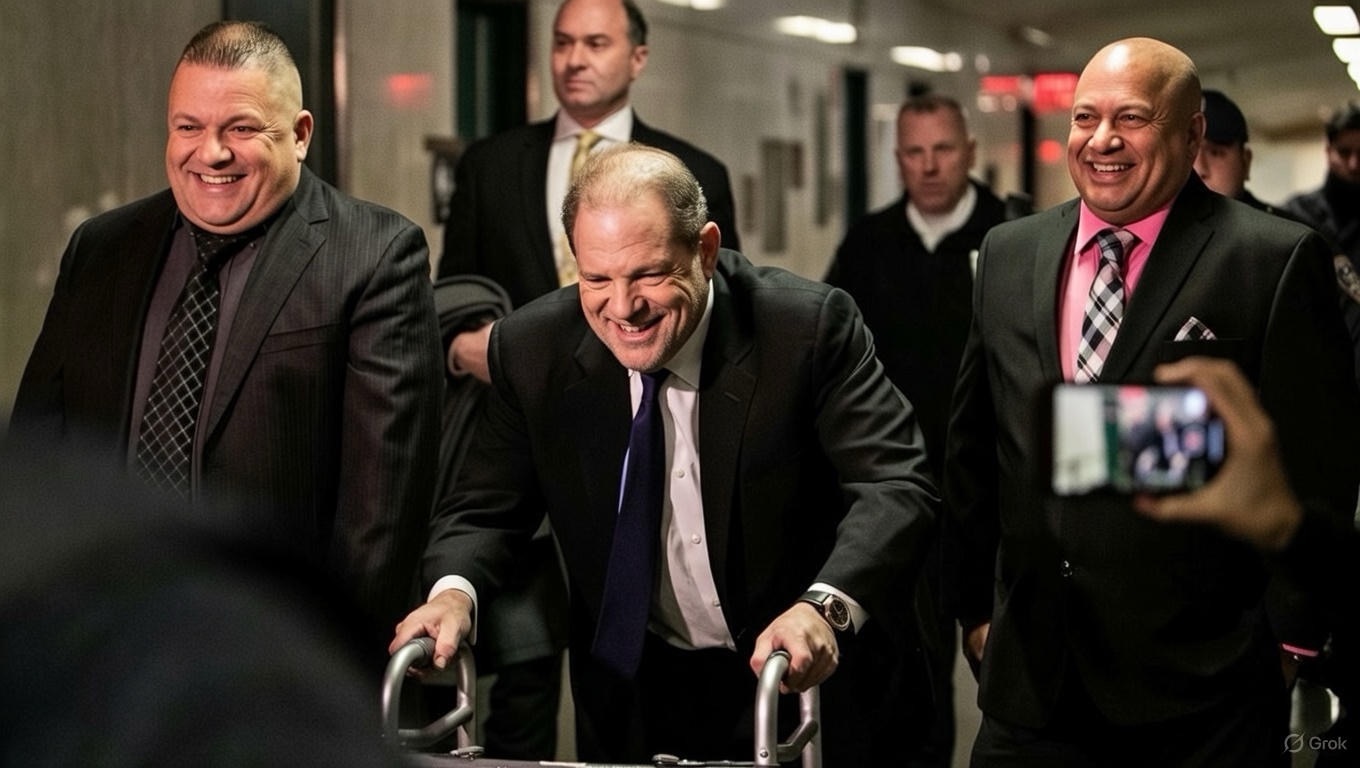LOS ANGELES (AP) — Sean Feucht, who transitioned from a little-known conservative Christian worship leader to a prominent figure challenging government restrictions during the pandemic, may now face serious scrutiny over his ministry's financial practices. Feucht's popularity surged in 2020 as he led protest concerts openly violating COVID-19 social distancing guidelines, aligning him with notable conservative influencers, including former President Donald Trump.
In 2020, Feucht's ministry revenue skyrocketed from $243,000 in 2019 to $5 million, leading to accusations of financial mismanagement from former staff and volunteers. Allegations include misuse of funds, lack of fair compensation for workers, and a discrepancy between ministry income and local charitable initiatives, raising questions about appropriate fund allocation.
Former national director Christy Gafford mentioned the opaque responses she received when questioning the ministry's financial practices and expressed concern about volunteers covering costs for Feucht’s visits to their communities.
In defense, Feucht issued a statement dismissing the allegations as unfounded and asserted the ministry's compliance with IRS standards, claiming contributions were used to support its mission.
Feucht's real estate ventures have further fueled scrutiny, with claims that $7 million in properties acquired since 2020 have not been properly utilized for ministry purposes. Critics and watchdog organizations, like MinistryWatch, have rated Feucht's ministry poorly for transparency, especially following its decision to cease filing necessary financial documentation post-2020.
Richie Booth, a former bookkeeper for the ministry, described instances of conflicting personal and ministry expenses and raised concerns about overdue compensation for staff. Similarly, Peter Hartzell commented on the organization’s focus on accumulating wealth rather than serving the community.
Despite the ongoing disputes, Feucht retains significant support, particularly within conservative circles, where he is regarded as a unique voice in orchestrated religious and political discourse. His continued presence in worship and political spaces highlights the tension between financial accountability and ministry operations in contemporary religious movements.
In 2020, Feucht's ministry revenue skyrocketed from $243,000 in 2019 to $5 million, leading to accusations of financial mismanagement from former staff and volunteers. Allegations include misuse of funds, lack of fair compensation for workers, and a discrepancy between ministry income and local charitable initiatives, raising questions about appropriate fund allocation.
Former national director Christy Gafford mentioned the opaque responses she received when questioning the ministry's financial practices and expressed concern about volunteers covering costs for Feucht’s visits to their communities.
In defense, Feucht issued a statement dismissing the allegations as unfounded and asserted the ministry's compliance with IRS standards, claiming contributions were used to support its mission.
Feucht's real estate ventures have further fueled scrutiny, with claims that $7 million in properties acquired since 2020 have not been properly utilized for ministry purposes. Critics and watchdog organizations, like MinistryWatch, have rated Feucht's ministry poorly for transparency, especially following its decision to cease filing necessary financial documentation post-2020.
Richie Booth, a former bookkeeper for the ministry, described instances of conflicting personal and ministry expenses and raised concerns about overdue compensation for staff. Similarly, Peter Hartzell commented on the organization’s focus on accumulating wealth rather than serving the community.
Despite the ongoing disputes, Feucht retains significant support, particularly within conservative circles, where he is regarded as a unique voice in orchestrated religious and political discourse. His continued presence in worship and political spaces highlights the tension between financial accountability and ministry operations in contemporary religious movements.




















